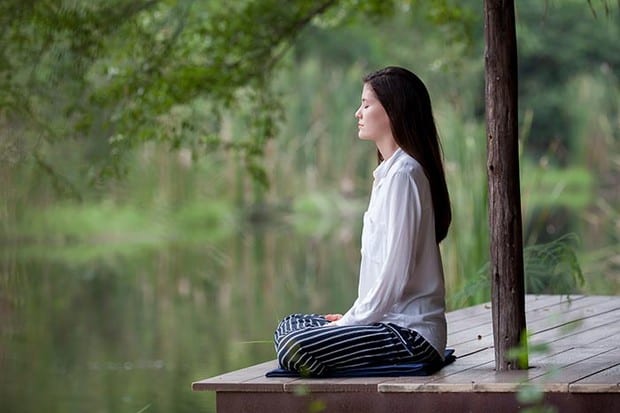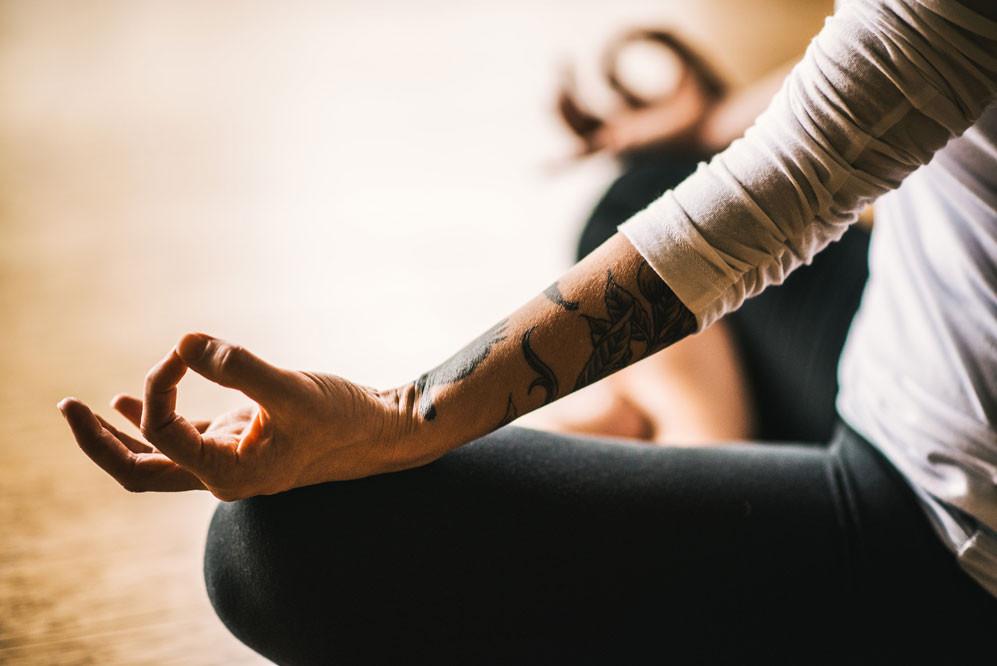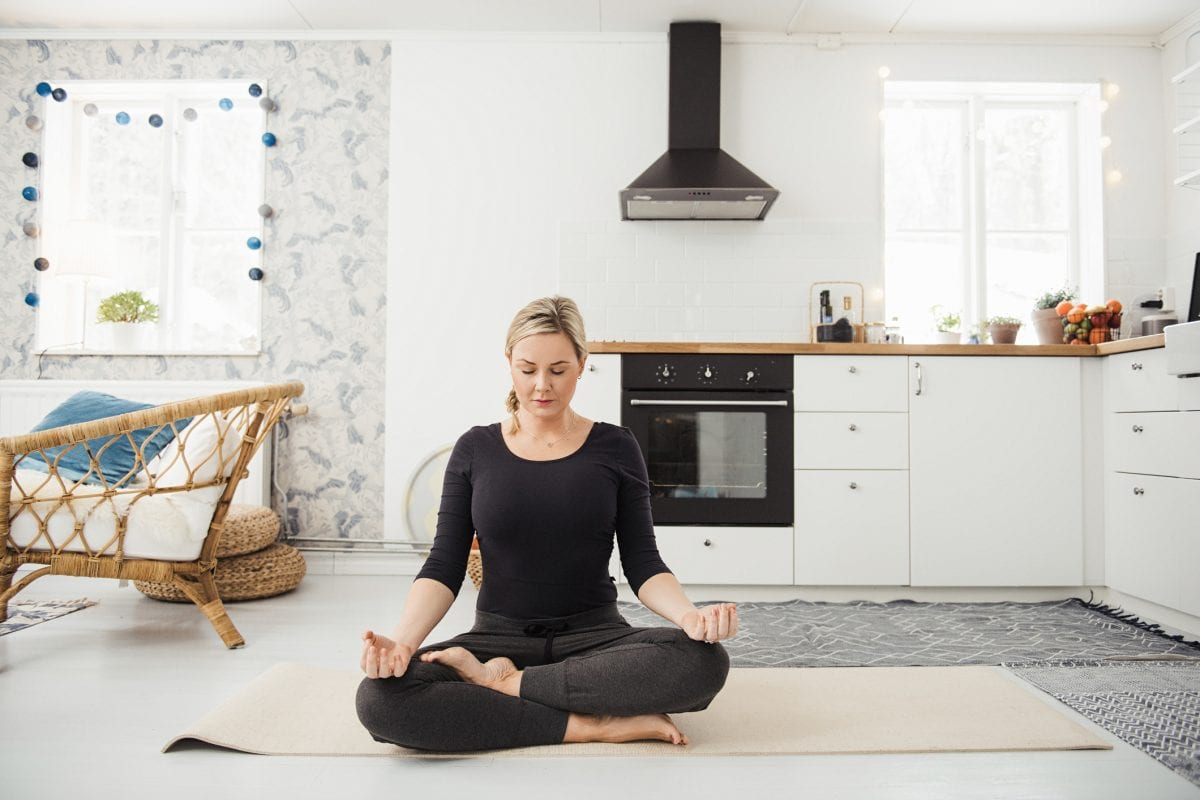Most people today are suffering from anxiety and stress. If you are also suffering from these problems then you have come to the right place. Here we have something for you which will help you come out of this situation. Meditation is a practical tool that can help you cope with life as well as nurture your personal growth. By using the techniques of meditation one can overcome the problems of anxiety and stress to live a healthier life. You can also try a free meditation course to learn the best meditation practice with the help of a spiritual life coach.
The advantages of meditation for stress and anxiety include putting things into perspective and making better life decisions as well as reducing many physical discomforts. Each person has their own reasons for meditating which can be anything from relieving job stress or minimizing physical pain or for improving their relationships. No matter how much you are stressed, meditation can provide immediate relief.
Meditation for anxiety

By meditating everyday one learns to be more concerned about their present and not about their past. Most of us follow the thoughts which enter our mind; these can be both pleasant as well as unpleasant like stressful thoughts, worries and anxiety. Most of the time we find that we are trapped in our thoughts. Even when nothing is happening to us in reality still we feel anxious and unsure about the future because of our thinking.
Meditation helps an individual become more aware of the present and helps us to gain control over our thoughts. Our mind becomes more active by meditating and we become strong enough to accept our realities. This practice is referred to as mindfulness and it trains our brain to become present so that we stop over thinking or getting lost in our thoughts. It grounds us to be present with physical sensations as well as breathing.
Why meditation?

Through guided meditation for anxiety, we observe our thoughts as well as our emotions without judgment. When a thought enters the mind of someone the biggest mistake they do is follow it, dwell on it, judge it and get lost in it. Meditation helps us to control the way we see as well as react to anxiety, instead of letting our thoughts control us.
In a study carried out by Wake Forest Baptist Medical Center, by scanning the brain they identified which part of the brain gets activated and deactivated by anxiety and meditation. In the study, it was shown that part of the brain which is activated while experiencing anxiety is the anterior cingulate cortex as well as the ventromedial prefrontal cortex which controls the emotions of an individual. When a volunteer was allowed to meditate for 20 minutes it was reported that there was a 39% reduction in anxiety.
Most of us do not know how to deal with panic attacks and anxiety. Dealing with these symptoms means stressing ourselves out which serves to worsen situation and feelings. Meditation offers tools which helps us deal with these panic attacks. Another study revealed that anxiety sufferers, when turned towards guided meditation for anxiety, were reported to have increased control over their feeling and sense of common well being.
How can you meditate for anxiety?

The correct answer to this question is that you need to follow guided meditation. We know that it is very disturbing and difficult to practice meditation for sufferers of anxiety but you need to learn meditation by following the set of instructions. A guided meditation will take you towards the correct path and offer constant reminders for staying focused on your practice.
Here are the steps of guided meditation for anxiety
Find a comfortable spot; it can be anything like a chair or cushion.
- Keep your eyes open and take some deep breaths. Breath in through the nose and exhale the air our through the mouth.
- After 5-6 deep breaths, close your eyes gently.
- Now begin to notice the points of contact and physical sensation. Feel your legs as well as back touching the chair and feet against the floor. Keep your arms and hands in your laps.
- Pay attention to your breath and notice each breath as it rises and falls.
- Also, notice this rise as well as fall on the chest and the stomach.
- Don`t force the breath just observe it as it passes.
- When you do this you will start to wander. You might catch yourself deep in thoughts and you may be distracted from meditation. In this situation gain focus and don’t let your mind wander and focus on the breath.
- If you notice any feeling of worry or anxiety that is pulling your attention then instead of following the thoughts simply observe them. See what happens when noticing these feelings. Allow them to pass and return the attention to the breath.
- To make this process easier you can count your breaths when they pass. Count to ten a then again start over.
- Repeat this for 5 minutes
- Allow the mind to return now and release the focus on the breath.
- After a minute again return the attention to your body as well as the physical point of the contact.
- Finally, open your eyes gently and observe how you feel.
One can easily follow this Guided meditation for anxiety and overcome anxiety. Practicing meditation is very important and at first, it might seem a little harder to do it and control your mind. However, with time, you will learn to control your mind and your thoughts which in turn will slowly reduce your anxiety and stress.
You will feel more relaxed and focused on your work no matter how bad the situation is and you will be able to make better decisions. Meditation helps you become aware of your feelings, improve sleep and relax your busy mind. These are the biggest benefits of meditation and there are many more but to know about them you will have to start practicing yourself. We hope this guide was useful for you and you will be free from all your stress and anxiety!









1 Comment
Comments are closed.